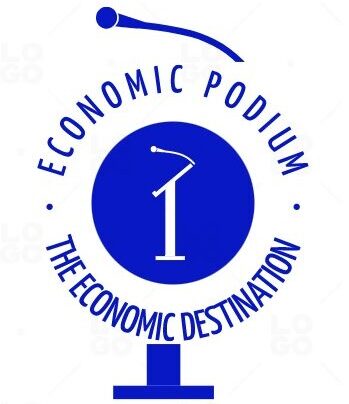The discovery of crude oil on the land of Middle Eastern Muslim Nations Alliance (MEMNA) countries in the 1930s marked a turning point in their economic trajectory. The economists of the time referred to it as the “black gold” due to its immense value and potential for profits. The discovery of this valuable resource ushered in a new era of prosperity for the region, with oil becoming a highly profitable industry. This momentous event marked a significant shift in the economic and social landscapes of the MEMNA countries, ultimately transforming them into some of the wealthiest nations on the planet. After a few decades, debates began to emerge about the finite nature of crude oil as a resource, and concerns grew about its eventual depletion. The notion that the world’s reliance on this non-renewable resource would lead to an inevitable “game over” scenario was not entirely incorrect. However, in recent times, the world has been moving towards electric vehicles and renewable energy sources that are carbon-free. The growth of renewable energy technology has sparked a renewed sense of urgency among leaders in the MEMNA countries to shift towards renewable energy sources and away from crude oil.
 In response to the growing concerns about the finite nature of crude oil and the need to diversify their economies, the leaders of MEMNA countries have become increasingly proactive in their investments in other sectors, both within and beyond their borders. As an example, when the lease for Hong Kong was set to expire for the United Kingdom and many industries began to look for alternative locations due to concerns about the Chinese Communist regime, the leaders of the United Arab Emirates saw an opportunity. They actively invited these industries to relocate to Dubai, offering favorable tax policies, infrastructure, and a skilled workforce. This move towards diversification and investment in other sectors has been a strategic decision made by many MEMNA leaders in order to reduce their reliance on crude oil and to ensure sustainable economic growth for their countries.
In response to the growing concerns about the finite nature of crude oil and the need to diversify their economies, the leaders of MEMNA countries have become increasingly proactive in their investments in other sectors, both within and beyond their borders. As an example, when the lease for Hong Kong was set to expire for the United Kingdom and many industries began to look for alternative locations due to concerns about the Chinese Communist regime, the leaders of the United Arab Emirates saw an opportunity. They actively invited these industries to relocate to Dubai, offering favorable tax policies, infrastructure, and a skilled workforce. This move towards diversification and investment in other sectors has been a strategic decision made by many MEMNA leaders in order to reduce their reliance on crude oil and to ensure sustainable economic growth for their countries.
In recent times, the leaders of the Middle Eastern Muslim Nations Alliance (MEMNA) have been focusing on developing their countries as tourist attractions and investment hubs. One example of this was Qatar hosting the FIFA World Cup in its capital city of Doha. The event was aimed at promoting the country’s tourism industry, and showcasing its modern infrastructure and facilities. Similarly, Dubai, an Islamic country, has made a conscious effort to attract foreign investors and industries by creating a business-friendly environment, with laws that protect investors and their employees. Dubai’s welcoming attitude towards tourists and businesspersons has led to a surge in investments and employment opportunities, making the city one of the wealthiest in the region. Millions of tourists and businesspersons travel to Dubai every year, contributing significantly to the country’s growth and development.
Saudi Arabia, a holy place for Muslims, has undergone a significant transformation under the leadership of Mohammed bin Salman. Prior to his era, the country was known for its fundamentalist beliefs and orthodox practices. However, as a progressive leader, he introduced several reforms that allowed women more freedom, including the right to drive. These changes have put Mohammed bin Salman in the spotlight as a progressive figure in the eyes of the world. In addition to these reforms, he has initiated a large-scale project to create a high-tech city called NEOM in Saudi Arabia. The purpose of this project is to attract investments and tourism, and it is expected to be one of the most innovative and advanced cities in the world. This initiative is yet another example of the efforts being made by the leaders of the MEMNA countries to diversify their economies and move towards sustainable growth.
Mohammed bin Salman’s leadership and progressive approach have transformed Saudi Arabia and demonstrated that a single leader can have a significant impact on a country’s development and progress. He has initiated large-scale investments in renewable energy, particularly green hydrogen fuel, to reduce the country’s dependence on crude oil. In addition to diversifying Saudi Arabia’s economy, he is also expanding investments in various sectors and countries, paving the way for sustainable growth. Moreover, his forward-thinking approach has led to some countries in the region improving their relations with China and India, which could create opportunities for greater economic and political cooperation. By taking a visionary approach to governance, Mohammed bin Salman is setting an example for leaders in the MEMNA countries to follow and paving the way for a brighter future for the region.
